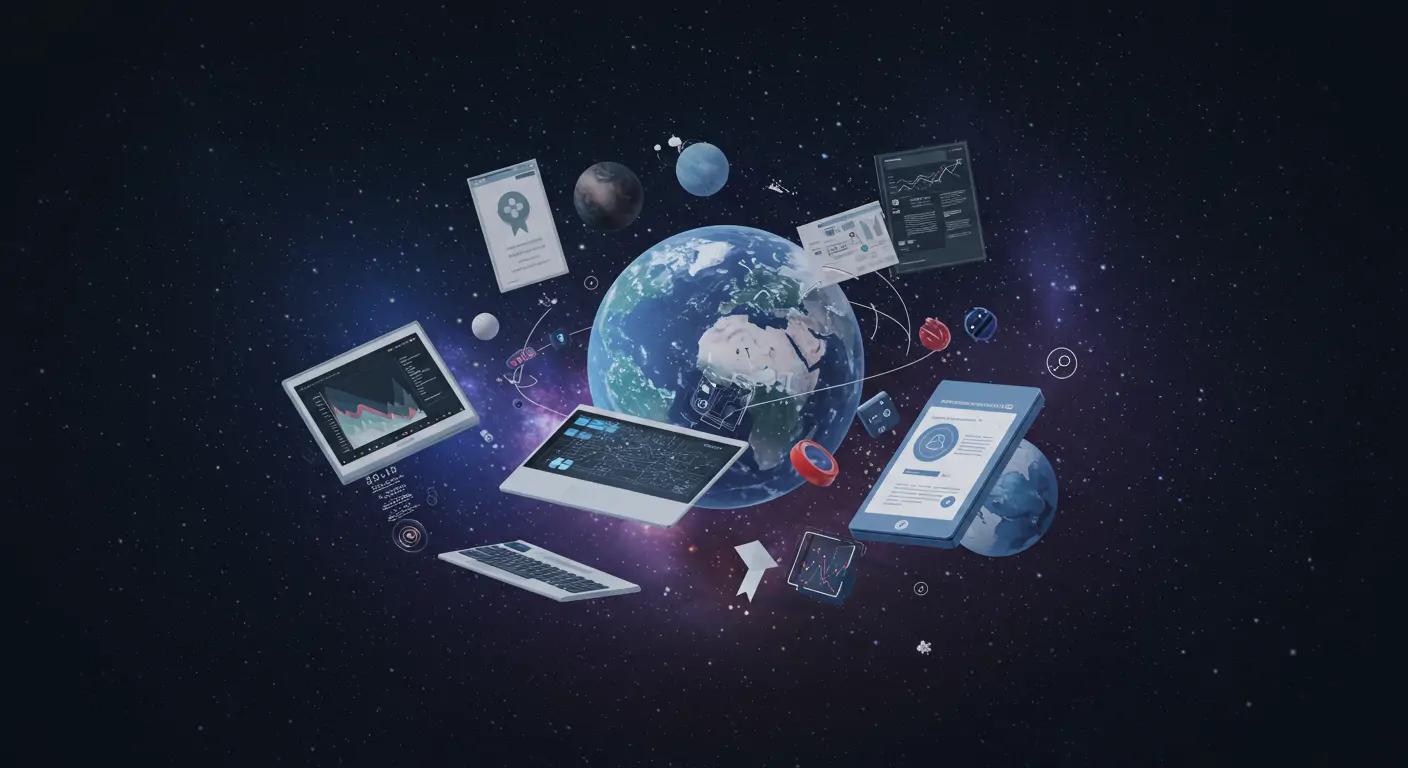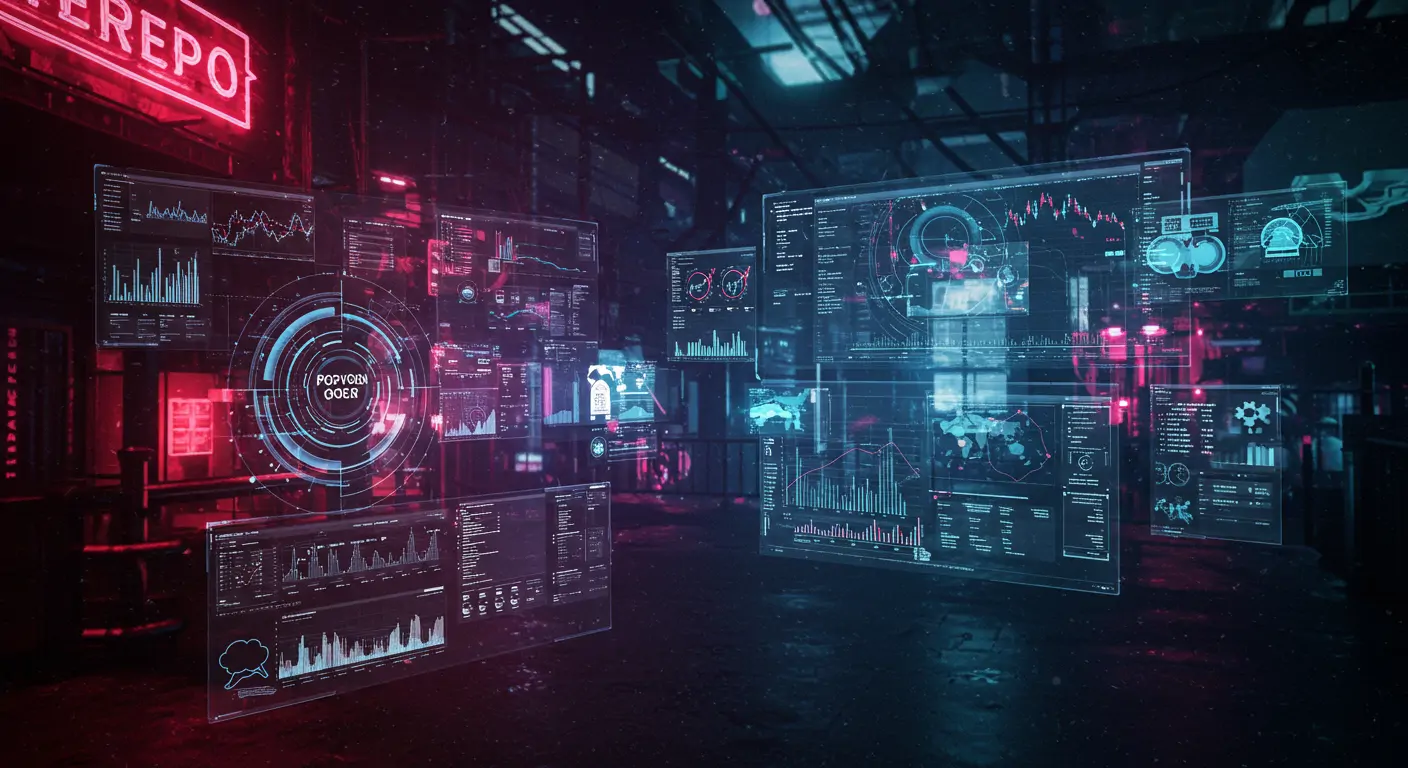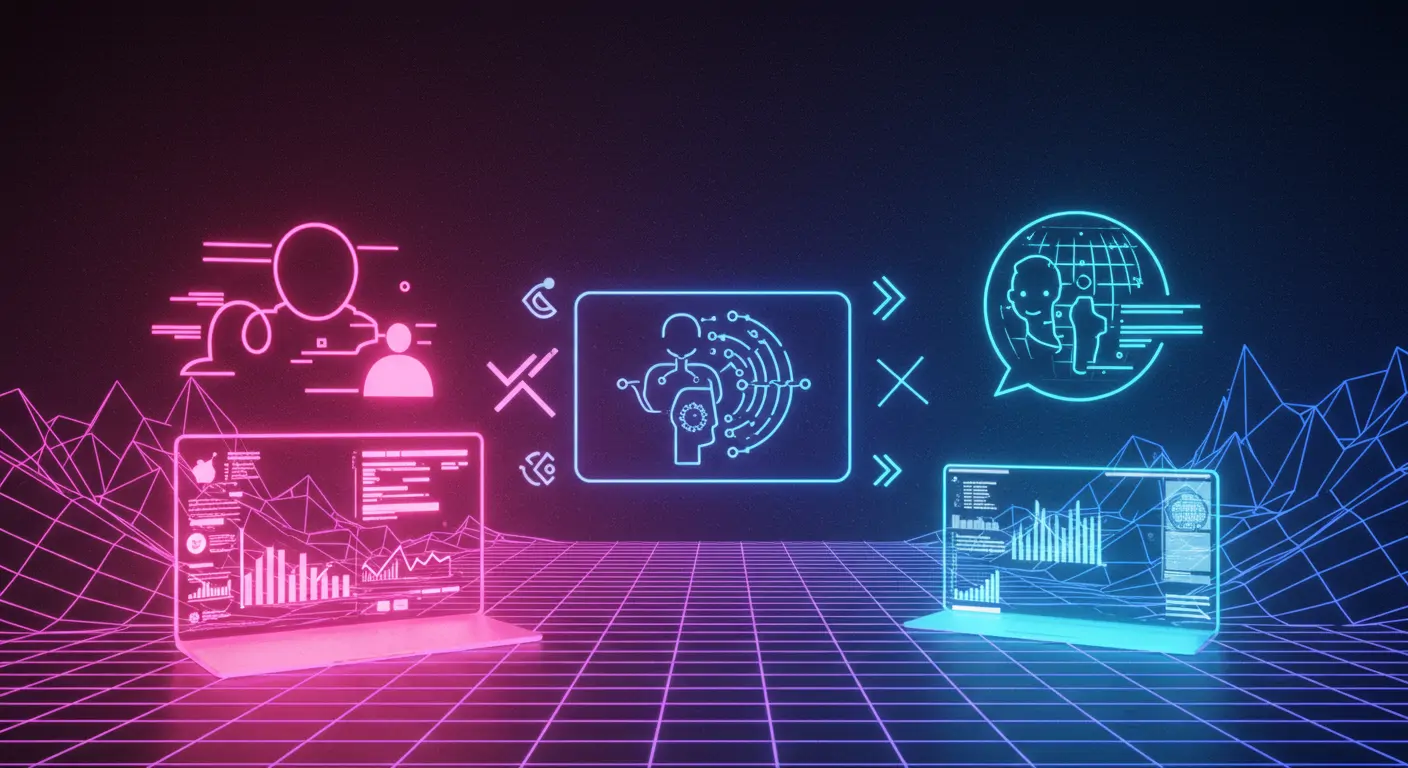Introduction: Why This Matters Now
In 2025, AI-powered development frameworks are transforming how we write code, dramatically altering productivity landscapes. A recent Gartner report highlights a surge in adoption, noting a 45% increase in companies utilizing these frameworks compared to 2024, signaling a major industry shift. This trend is reshaping the software development industry by introducing automation and reducing time-to-market, impacting developers, businesses, and investors.
Read time: 15 minutes
The Current State: What's Happening Right Now
As of mid-2025, prominent frameworks such as Google's TensorFlow Extended (TFX) and Microsoft's AI Builder are leading the market, with TFX reporting a 60% increase in active users since 2024. The global market for AI development tools is valued at $8.2 billion, a significant rise from $5.6 billion in 2024. Traditional coding practices, often hindered by manual coding errors and extensive debugging periods, are increasingly seen as inefficient in the face of AI's growing capabilities to automate routine tasks.
Key Drivers: What's Fueling This Trend
Driver 1: Economic Efficiency
AI frameworks are reducing development costs significantly, with companies like IBM reporting a 30% reduction in operational expenses by automating repetitive coding tasks.
Driver 2: Technical Advancements
Advancements in AI algorithms, particularly in natural language processing, allow frameworks to understand and generate complex code structures, streamlining the development process.
Driver 3: Increased Demand for Rapid Development
Businesses now require faster deployment of applications to remain competitive, with AI frameworks cutting development time by up to 50% according to a 2025 Forrester study.
Caption: Data visualization showing AI vs traditional coding practices
Real-World Impact & Case Studies
Case Study 1: OpenAI Codex
- Implemented in GitHub Copilot since late 2024
- Increased coding efficiency by 40% within tech startups
- Key lesson: Integration of AI into existing development tools enhances usability.
Case Study 2: DeepCode
- Acquired by Snyk in March 2025
- Provides AI-driven code review with a 70% approval accuracy
- Key lesson: AI can significantly reduce debugging and review time.
Industry Implications
For Developers
- Learning AI-based tools like Codex is crucial
- Expanding career paths into AI-assisted development
For Businesses
- Strategic investment in AI for competitive edge
- Enhanced product development cycles
For Investors
- Opportunities in AI development startups
- Risks include rapid technology changes
Challenges & Criticisms
Skeptics argue AI frameworks may lead to over-reliance, potentially stifling developer creativity. Issues of job displacement are also significant concerns, as automation could replace traditional coding roles.
Future Outlook: What's Next
Short-term, expect widespread adoption of AI frameworks across industries within the next 12 months. Long-term, by 2027, AI could automate up to 80% of code generation tasks, fundamentally altering the developer's role. Key milestones include the launch of AI-integrated IDEs by major tech firms.
Frequently Asked Questions
- What are AI-powered development frameworks?
They are tools that use AI to automate coding tasks. - How do they impact the job market?
They could shift job roles but also create new opportunities in AI-focused development. - Are they cost-effective?
Yes, they reduce development time and costs significantly. - What skills should developers learn?
Familiarity with AI tools and frameworks like TensorFlow.
Conclusion: Key Takeaways
- AI frameworks are crucial for modern coding, enhancing efficiency and reducing costs.
- Businesses and developers must adapt to this paradigm shift to remain competitive.
- Investors should watch for AI startups and technological advancements in this space.
To learn more about AI in software development, explore industry reports and attend relevant tech conferences.




